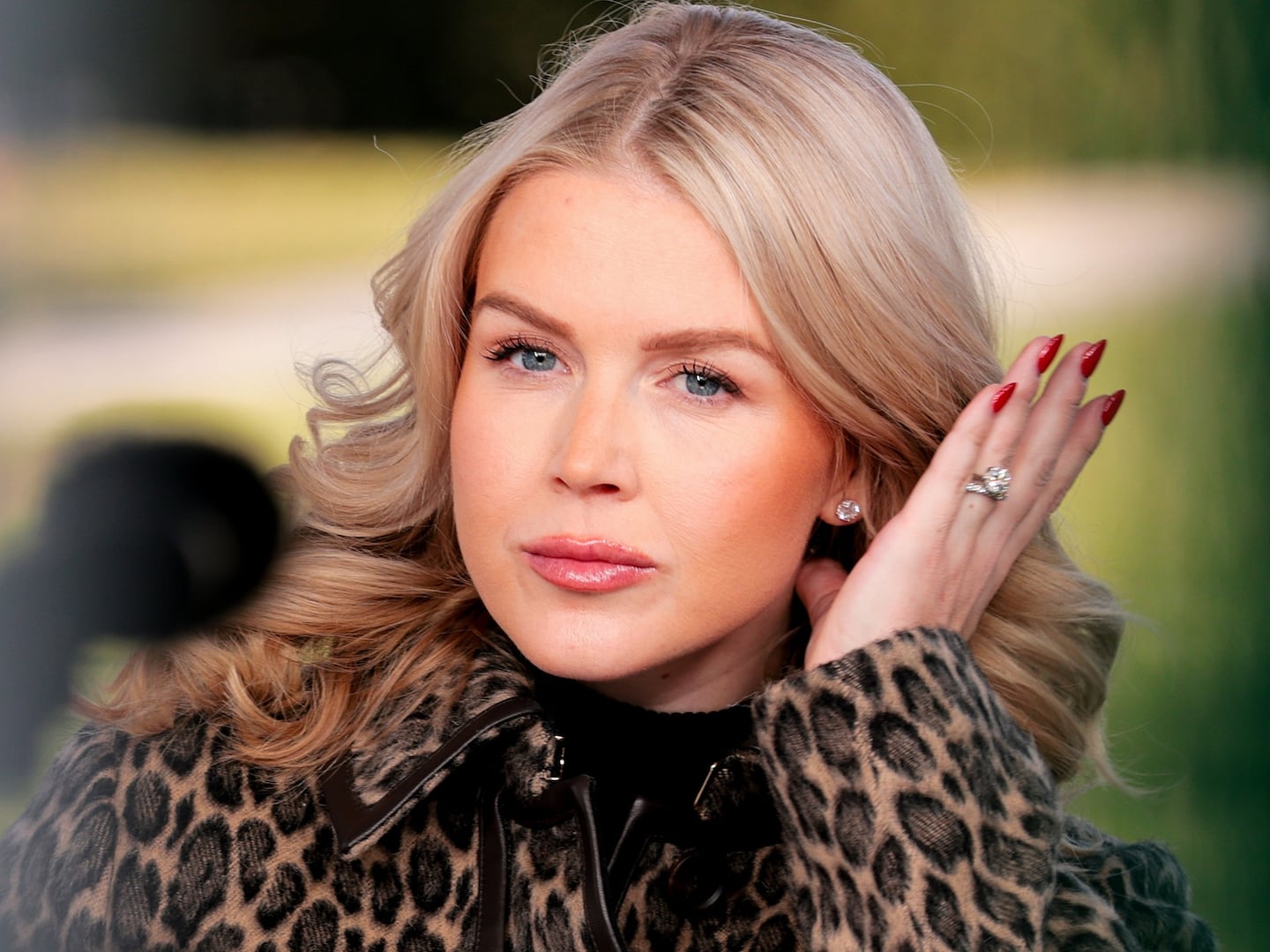
We’ve been running a deficit in feel-good publishing stories of late, so the nomination a few months back of Joe Meno for the 2008 Story Prize, a $20,000 award for the year’s best collection, stands out. His competition? Tobias Wolff and Jhumpa Lahiri. This was like Ball State making the Big Dance. Meno’s nominated collection, Demons in the Spring, had been published by a small press and was generally overlooked by critics, so who cares that Wolff ultimately took the prize? “Honestly, just sharing the stage with those two was a high point in my career,” Meno, winningly, told The New York Times.
Madeline is attracted to a man at her lab; Amelia gets involved with a college professor; and Thisbe prays fervently for her own demise: “If You are a mighty and true God…let the wire in my bra poke through my heart.”
Meno’s bio turns up another happy tale. He sold his first novel to St. Martin’s Press, and his second to the notorious and now-defunct HarperCollins imprint ReganBooks (would-be home to O.J. Simpson’s If I Did It). ReganBooks dropped him after lackluster sales, and he struggled to find a publisher for his third novel. Finally, the small press Akashic Books picked it up, and 2004’s Hairstyles of the Damned went on to appear in the Barnes & Noble Great New Writers program and sold an impressive 80,000 paperback copies. On the acknowledgments page, Meno wrote: “You suck it: Judith Regan.”
Now, Meno has returned to a major publisher for his latest. And good for him: The Great Perhaps is a fat, ambitious novel, deserving of the attention a major house can bring. A frequently touching domestic drama about an academic Chicago family, it mulls Big Themes: war, faith, heredity. It’s also—like Meno’s centerpiece image, a cloud—a little hazy in its conclusions.

Meno starts well, introducing the compellingly odd Casper family. The father, Jonathan, a paleontologist at the University of Chicago, experiences seizures at the sight of a cloud. It’s a neurological condition he controls with medication, and by focusing his scholarly attention on the giant squid, a mysterious creature who lives in the ocean’s depths, in “a world unthreatened by the perils of an irregular sky.” His wife Madeline, also a scientist at the university, studies dominance patterns in pigeons, but, preoccupied by the war in Iraq (the novel takes place on the eve of the ’04 presidential election) she’s begun thinking of the pigeons as more than pigeons: “smug little right-wing assholes, ruling the rest of the coop with physical intimidation, cruelty and terror.”
Equally memorable are their two teenage daughters: Amelia, an anticapitalist crusader with bomb-building on the brain, and Thisbe, a God-obsessed 14-year-old who has a secret crush on a girl in the school choir.
It’s an affecting domestic portrait, deftly drawn, four people beset—as so many families are—by their own isolating sorrows. Jonathan loses his funding to a rival scientist; Madeline is attracted to a man at her lab; Amelia gets involved with a college professor; and Thisbe prays fervently for her own demise: “If You are a mighty and true God…let the wire in my bra poke through my heart.”
The lives of these four characters would amply fill this 400-page book, but Meno stuffs in a fifth: Jonathan’s aging father Henry, an ex-aviation engineer at a local nursing home. Henry’s complex history—involvement in Nazi secrets, a childhood spent at an internment camp in Texas, and subsequent work on fighter jets for McDonnell Douglas—sits heavily in the middle section of the book. And then there are the short chapters, genealogical vignettes set in 1857, 1869, and 1630.
There’s a lot going on—too much I think. Meno seems spread thin, drawing strained connections between the central domestic drama and the historical material and forcing unnecessary formal experiments onto the page (screenplay, radioplay, narrative-as-outline). And, occasionally Meno’s language lets him down, too: “Mr. Grisham… touches her back with his creepy hand”; “Madeline does not sleep a wink all night”; “Jonathan’s heart slowly breaks”; “Something important breaks in Henry Caspar’s heart.”
What are we left with? Crowded as it is with character and history and plot, The Great Perhaps seems to boil down to a simple message: Life is hard, its mysteries unknowable. No argument here, but when I reached Meno’s tacked-on ending with its cautiously happy remedies—families should stick together; happiness comes from letting go; don’t worry, be happy… or something—it felt like a letdown. The Great Perhaps may mark Meno’s return to the big leagues, but I finished it thinking his breakout book is still to come.
Taylor Antrim is a critic for The Daily Beast and the author of the novel, The Headmaster Ritual.






